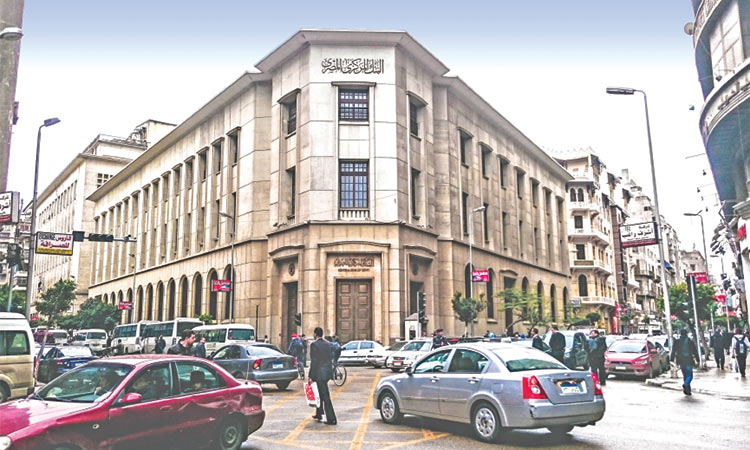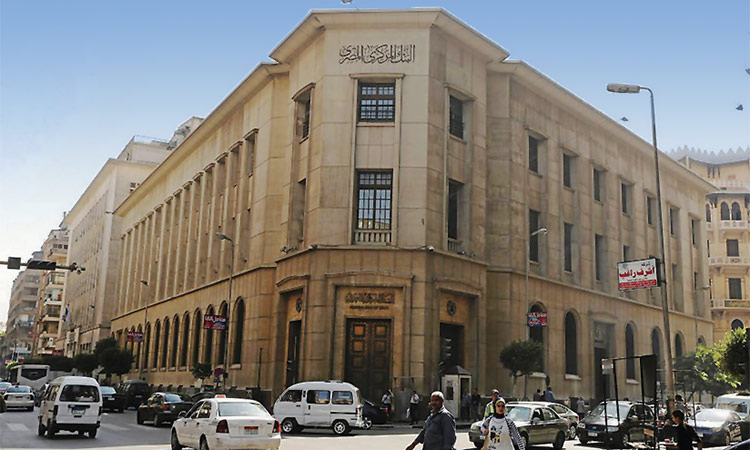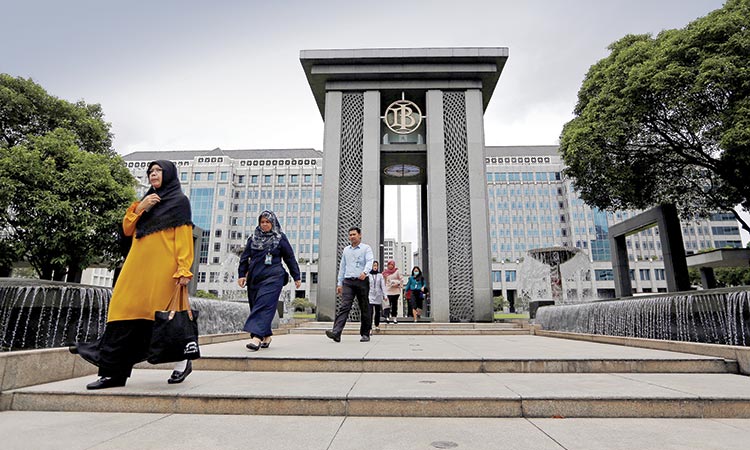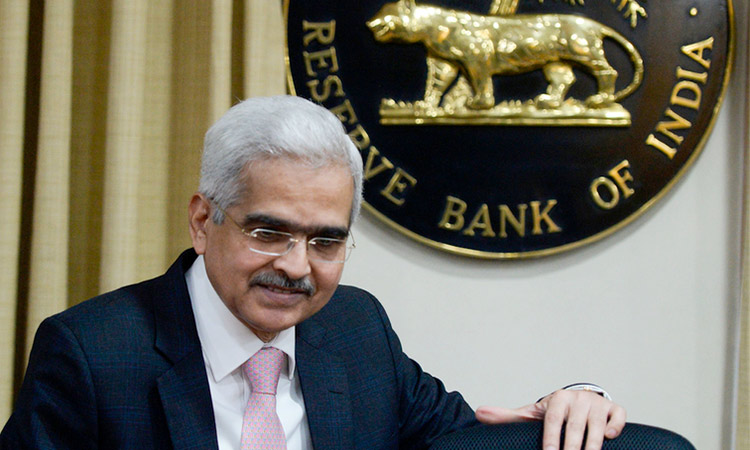Egypt central bank seen keeping main interest rates on hold

Egypt’s GDP growth for the fiscal year that begins on July 1 could fall to 3.5% if the coronavirus crisis continues until December.
All but two of the 11 analysts polled thought the bank would keep rates steady at its regular monetary policy committee meeting. The other two analysts forecast a 100 bps cut.
The bank first needs to gauge the effect of the 300 bps cut earlier in March before taking further steps, said Radwa El-Swaify, head of research at Cairo-based Pharos Securities Brokerage.
Even before the coronavirus crisis, analysts had argued for interest rate cuts to stimulate sluggish private sector growth.
At the unscheduled meeting on March 16, the central bank described the easing as a preemptive move to support the economy in the face of the COVID-19 outbreak.
The bank’s monetary policy committee cut the overnight lending rate to 10.25 per cent from 13.25 per cent and the overnight deposit rate to 9.25 per cent from 12.25 per cent - the lowest rates since early 2016, before Egypt embarked on a three-year IMF-backed economic reform programme. Last year the most populous Arab country completed the reform programme, winning praise from economists, even though the nation of 100 million has struggled to attract foreign investment outside the hydrocarbons sector.
The coronavirus has all but closed Egypt’s tourism industry, which generated a record $12.5 billion in the financial year to end-June.
Year-on-year headline inflation spiked as high as 33 per cent in 2017 before gradually falling back. It slowed to 5.3 per cent in February from 7.2 per cent in January.
“Despite the decline in the inflation figure in February we believe that inflationary pressures could resume over the coming months,” said Monette Doss, Chief Economist at HC Securities & Investment.
Doss cited “stocking up on staple and pharmaceutical products.. relatively higher demand during the month of Ramadan and possible supply shortages resulting from prolonged periods of lockdown.”
Even before the coronavirus crisis, analysts had argued for interest rate cuts to stimulate sluggish private sector growth.
Egypt’s GDP growth for the fiscal year that begins on July 1 could fall to 3.5 per cent if the coronavirus crisis continues until December, Planning Minister Hala al-Saeed said on Thursday, down from previous estimates of around 6 per cent.
Egypt’s 2020-21 draft budget is based on an oil price of $61 per barrel, the finance ministry said, down from $68 in the current budget which ends on June 30 but around three times higher than the present price.
Oil prices fell sharply on Monday, with US crude briefly dropping below $20 and Brent hitting its lowest in 18 years, on heightened fears that the global coronavirus shutdown could last months and demand for fuel could decline further.
“I have to protect the budget. What if the price of a barrel of oil increased? How will you finance it? What will you do? The world is going through exceptional circumstances,” Finance Minister Mohamed Maait said in a televised interview,
“If the price per barrel increases to more than $80, what will you do?,” he added, predicting that demand for oil will increase after the end of the coronavirus crisis. The exchange rate for the dollar used in the draft budget is equal to the prevailing average exchange rate in the market between Jan.1 and March 31, the ministry said. The rate used in the 2019-20 budget was 17.46 Egyptian pounds per dollar.
Egypt’s cabinet approved a draft law for the budget of the 2020-21 fiscal year at a meeting last Thursday.
Maait said afterwards that the budget aimed to reduce the total deficit to 6.3 per cent of GDP and increase the primary budget surplus to 2 per cent. This would result in public debt of 82.7 per cent of GDP as of end-June 2021, he added. Egypt’s current account deficit for the last quarter of 2019 narrowed to $3.19 billion from $3.25 billion in the same quarter of 2018, according to central bank data released on Monday. Remittances from Egyptians working abroad increased to $6.97 billion from $6.14 billion, while tourism revenue climbed to $3.06 billion from $2.59 billion.
Reuters calculated the figures by subtracting third quarter figures released earlier by the central bank from those for the last half of the calendar year.
Agencies







